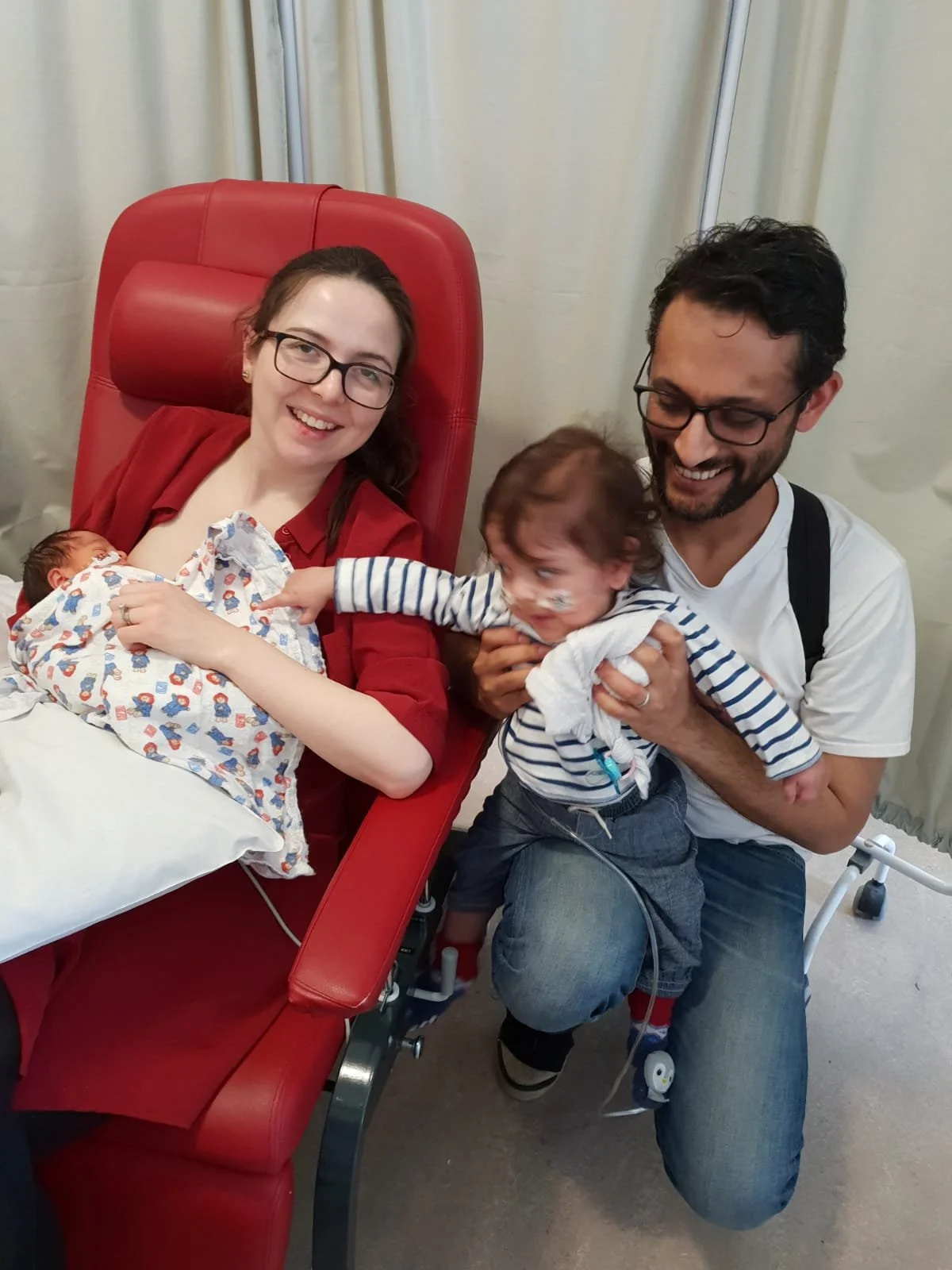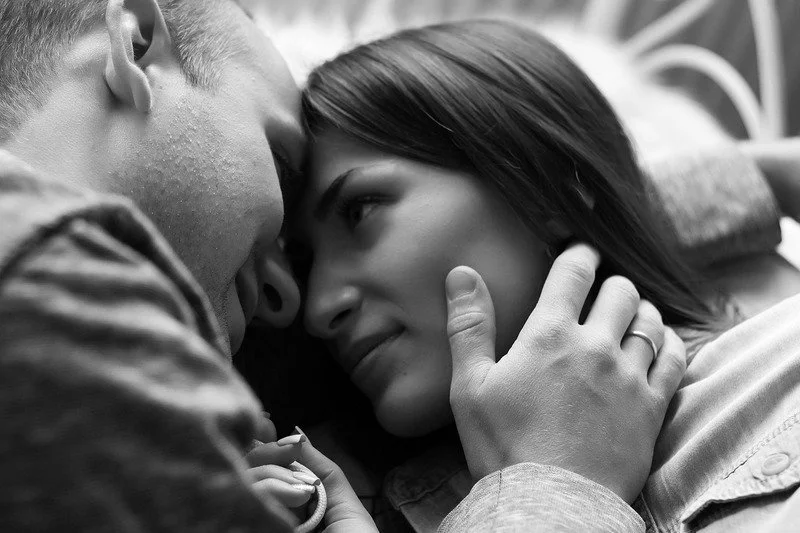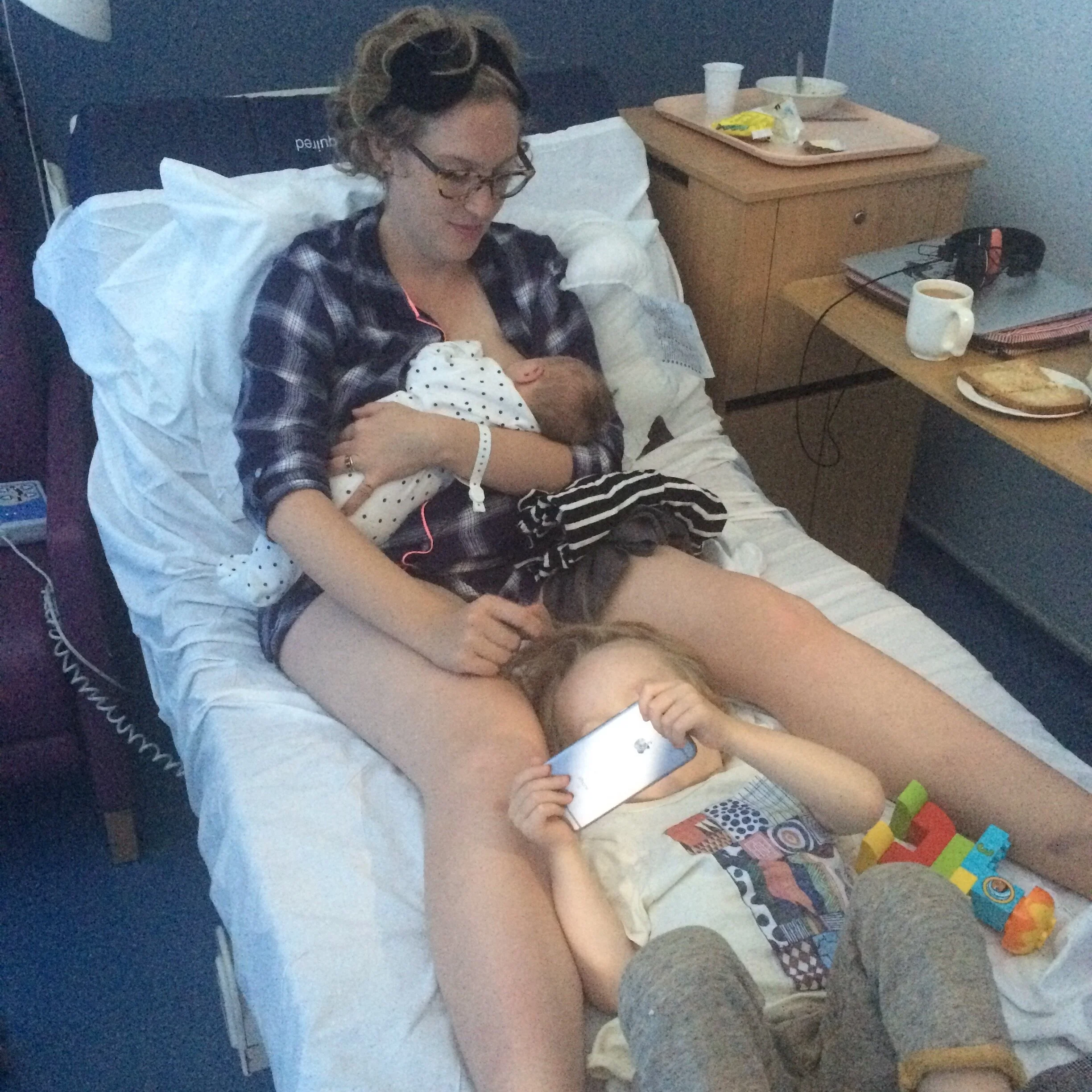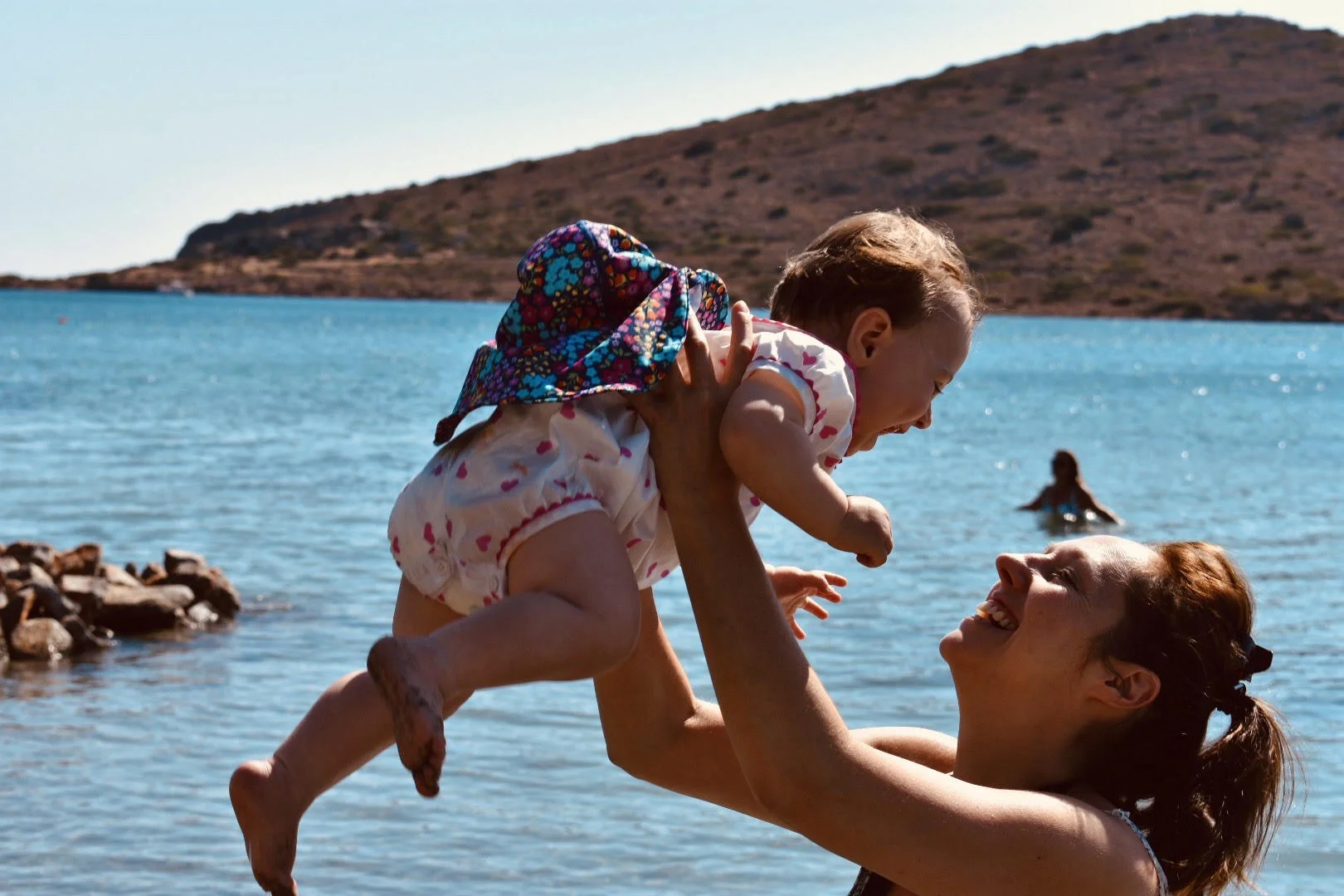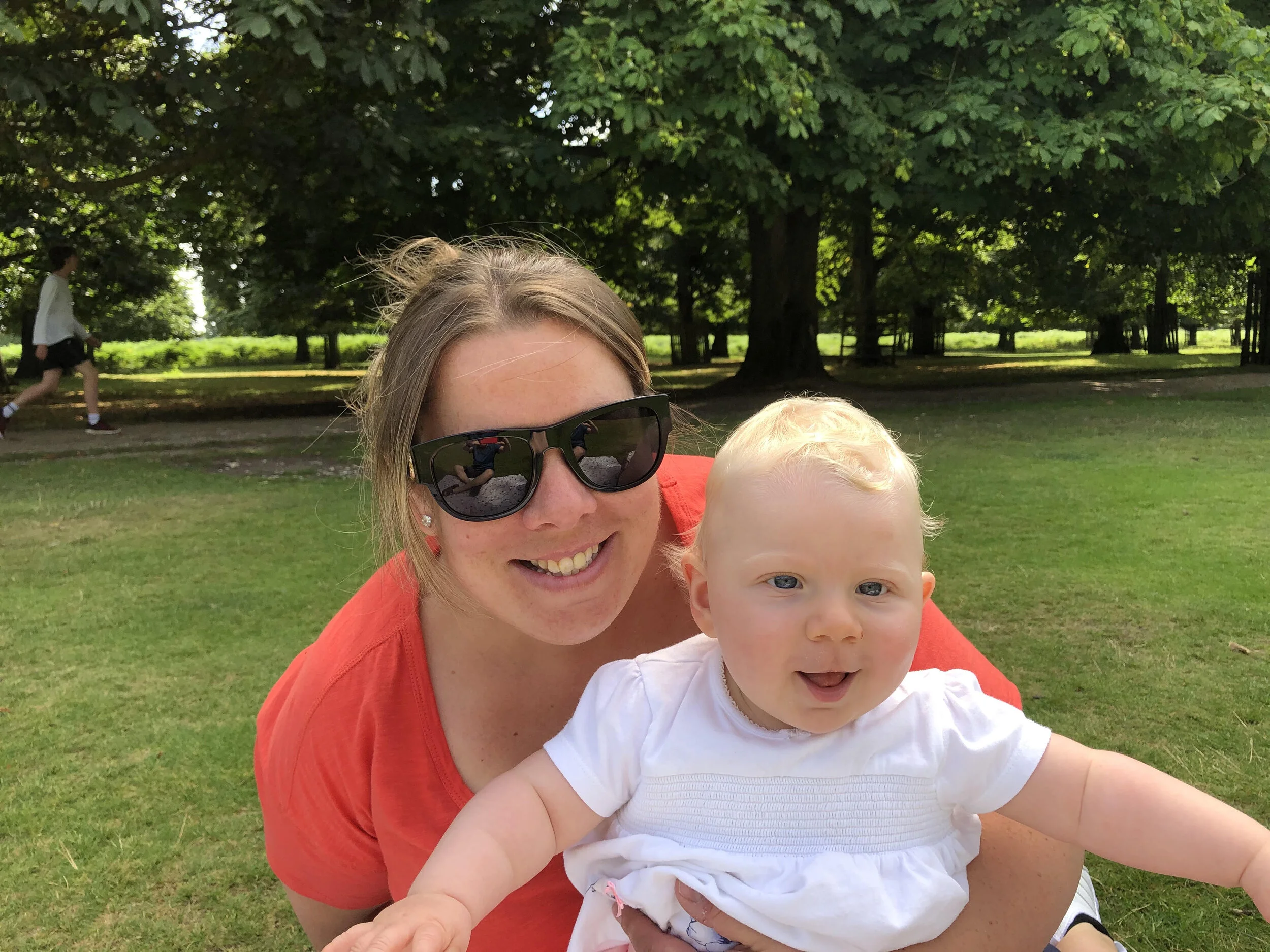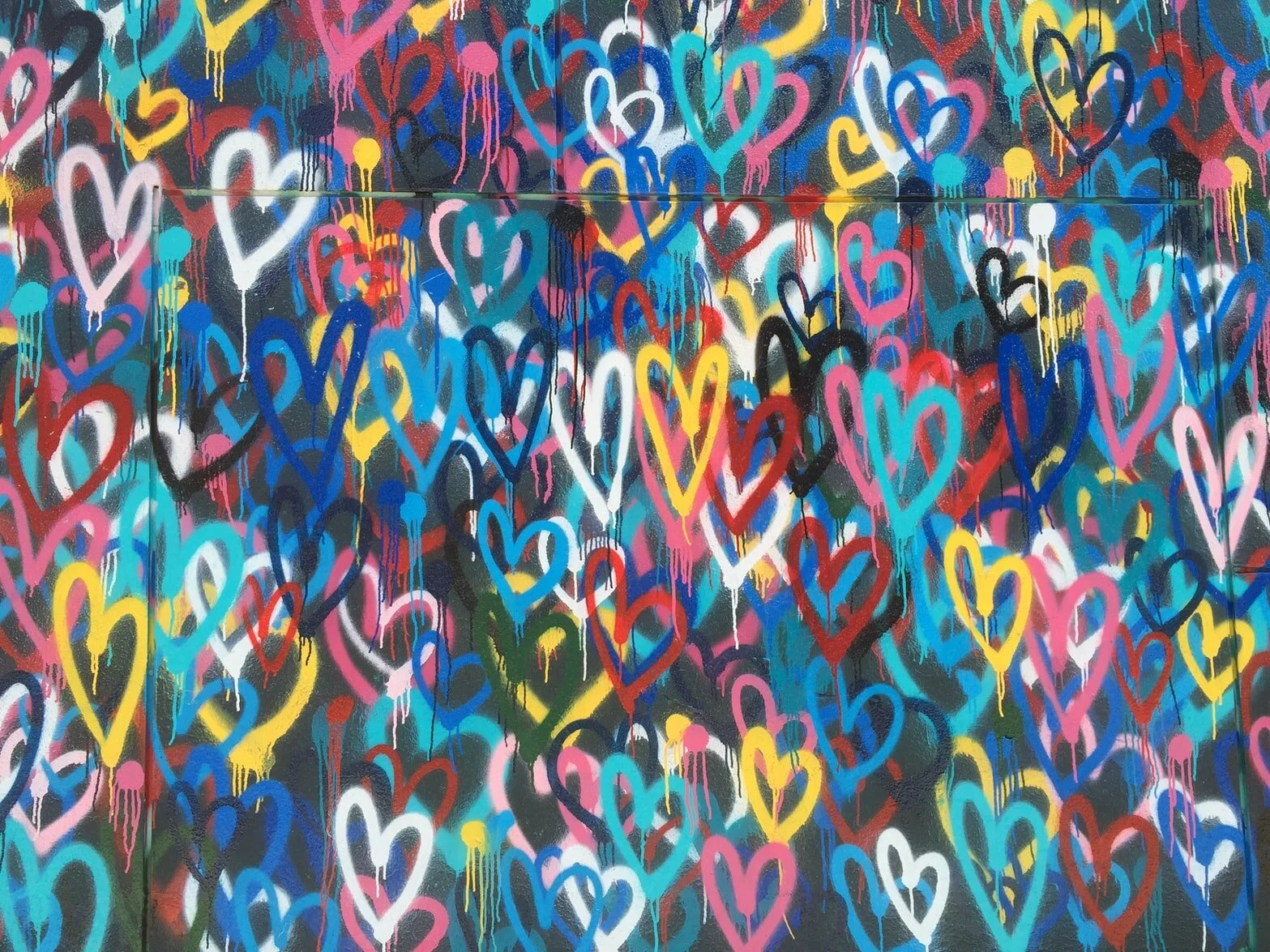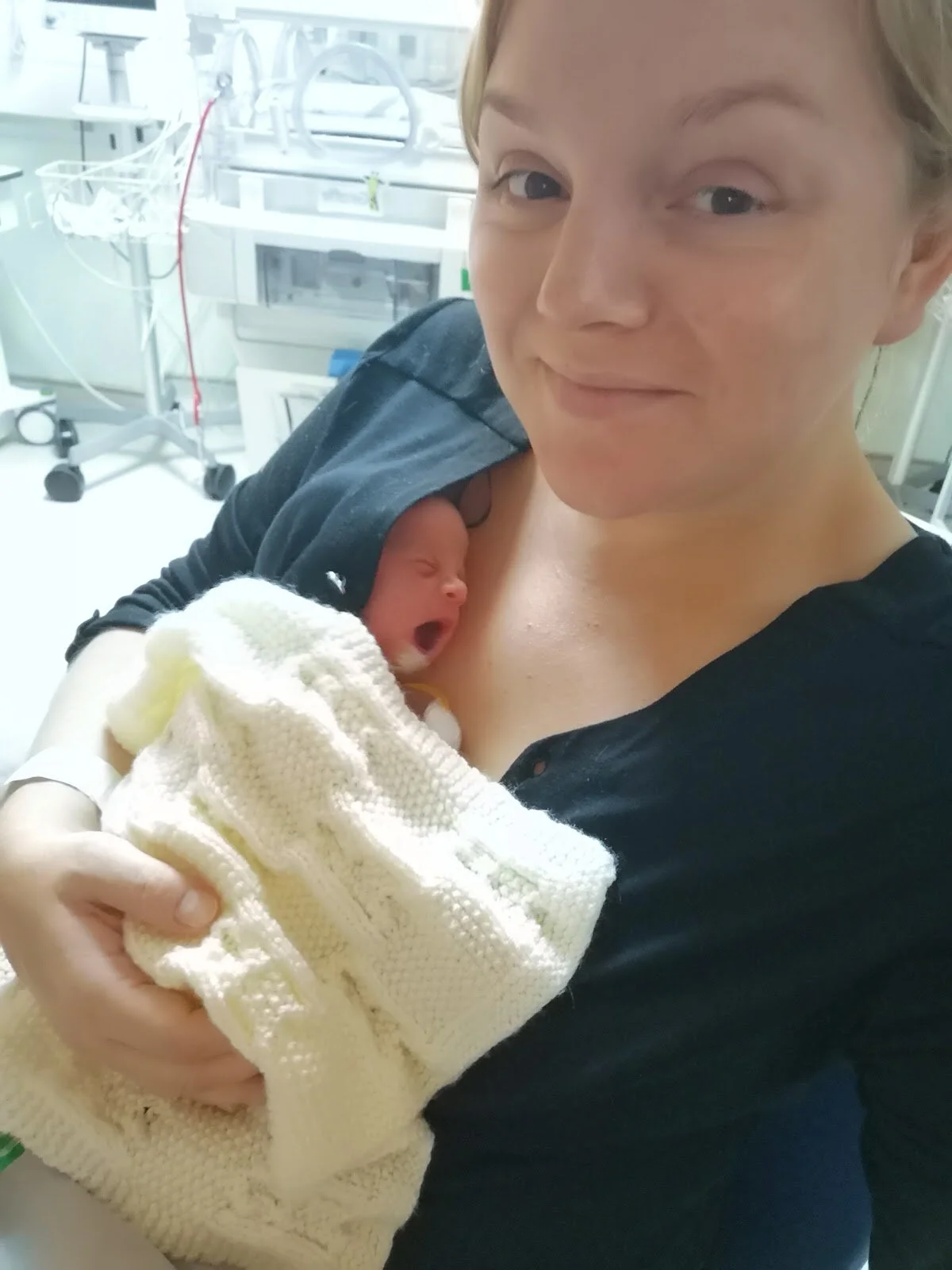Catherine has two boys who were both born prematurely, by C-section, although the two experiences were wildly different. The first birth was more traumatic ‘on paper’, but it was during the second birth that Catherine thought the professionals involved could have made a big difference if they had really listened to her.
Read MoreMake Birth Better CEO Nikki Wilson is back leading the team after six months of maternity leave. She writes about how it went with baby #3. Nikki: “Trauma was not the overall theme of having our third. But in this post I want to share with you how birth trauma can leave a lasting imprint. When something feels the same as those dark and difficult days, I still have to work hard to re-wire those connections.”
Read MoreHow are you setting off into the new year? We know it’s not an easy time for parents(-to-be) and maternity care professionals. We hear your stories of anxiety, exhaustion and stress every day. To set you off on a good start in 2022 we are sharing 12 prompts for self-care.
Read MoreBeing able to support your partner after a difficult birth can not only help your partner to start to feel better but also help them to feel less alone in their struggle.
Read MoreOn 16 November, Birthrights – advocating for human rights in pregnancy and childbirth – released Speak Up, Speak Out: a new film to demystify the complaints process in maternity care. The film features the real-life stories of three women, whose birth experiences led them to considering or making a complaint about their care.
Read MoreAfter a traumatic birth with her first daughter, Caroline was determined to do everything she could to have a positive birth experience with her second child. She hopes her story gives others the courage to plan the birth they want and need.
Read MoreThere has been recent discussion about ‘trans issues’ within perinatal services. A collective of LGBTQ+ perinatal workers in the UK, would like to explain some of the issues. Most of the coverage surrounding inclusion for LGBTQ+ people in the birth world is written by and for cisgender heterosexual (cishet) people. They wrote an open letter (which we are reposting to show our support), not in response to one single event but as a means to have a voice.
Read MoreAnna wasn’t able to put off the deafening call to birth work after the birth of her first baby almost five years ago. She retrained as a hypnobirthing teacher at the beginning of lockdown. To Anna, hypnobirthing became the lighthouse that called her back when things felt difficult.
Read MoreThe theme of World Patient Safety Day 2021 is ‘Maternity safety’. The World Health Organisation (WHO) is urging for partners to, ‘Act now for safe and respectful childbirth’. Dr Jacqui Williams, Senior Midwifery Adviser (Education) at the Nursing and Midwifery Council (NMC), reflects on what this means in the day-to-day practice of maternity professionals.
Read MoreHow do you feel postpartum? Claire wishes she had asked herself this sooner. She went on feeling unwell and undiagnosed for too long. It took almost two years for her to be diagnosed with Sheehan’s Syndrome: a rare condition which needs more attention, Claire believes.
Read MoreHoney shares the challenges her and her husband faced when trying to conceive. After falling pregnant unexpectedly in the midst of IVF she experienced a good pregnancy. Sadly the road after birth was a bit more bumpy.
Read MoreThe pandemic has created uncertain times and the past 18 months has thrown up a lot of grief and discomfort. This has been highlighted in the birth world in recent weeks, with conversations becoming increasingly polarised and sometimes distressing to witness or engage in. Why is it that at times of crisis and change we begin to fight?
Read MoreAs the firstborn child from a large family, having children always appealed to Sarah. Only time could reveal when, how and with whom. Her story of becoming a mum starts with two suitcases and a one-way ticket, a sudden relocation and the whirlwind of a global pandemic. She shares how giving birth was simultaneously the most traumatic and joyful event of her life.
Read MoreBecoming a parent is a seismic life event for us all, but when you, your partner and baby/babies have come through a traumatic birth (and possibly pregnancy), there can be an unexpected and confusing mix of feelings to deal with. You might wonder how the experience has impacted your baby and feel unsure of what to do next.
Following the traumatic births of both her sons, Emily suffered from postpartum psychosis, PTSD and OCD. Her experience got her deeply passionate about maternal mental health. As a gentle sleep coach, she’s driven to support women in the postnatal period. Emily writes in detail about the birth of her second son, which she considers to be cathartic and part of her healing journey.
Read MoreMaddy is a mum to two boisterous, bouncy and beautiful boys: Alex and Ted. She shares her two birth experiences and reflects on how language and communication played a big part in those births. But also how they set the scene for, and influenced her early postnatal experiences, which were strikingly different. Maddy believes there are a number of unchangeable reasons for that, but language is the one thing that can be changed.
How is the pandemic impacting you? Lucinda finds herself struggling. In this heartfelt post she writes about her anger, anxiety, the lack of validation when it comes to mothers’ isolation and the danger of misrepresentation through funny hashtags such as #iso on social media. Perhaps her words resonate with you. And that’s exactly her point: we are all wading through this swamp together, doing our best.
Read MoreFrankie thought Instagram was just a place where you could look at pretty houses and see what people had eaten for lunch. She didn’t realise it was a community that would help her through some of her darkest days, where she would meet a friend for life and build a passion to help others going through similar experiences of having a baby in a neonatal intensive care unit (NICU).
When our trauma is triggered, our central nervous system reacts: it gets overwhelmed, it changes the way we remember and react to things. It also impacts our so-called ‘window of tolerance’. Psychotherapist and Make Birth Better Champion Maria Garcia shares how understanding our window of tolerance can be useful to cope with everyday adversities. Furthermore she explores how this relates to traumatic events.
The road before wasn’t easy for Emma with a traumatic first delivery and the sadness of a miscarriage. Her third pregnancy felt fraught from the onset battling extreme nausea, trying to stay positive and desiring control. Luckily, an empowering and healthy delivery helped her heal her past wounds of trauma.
Read More
